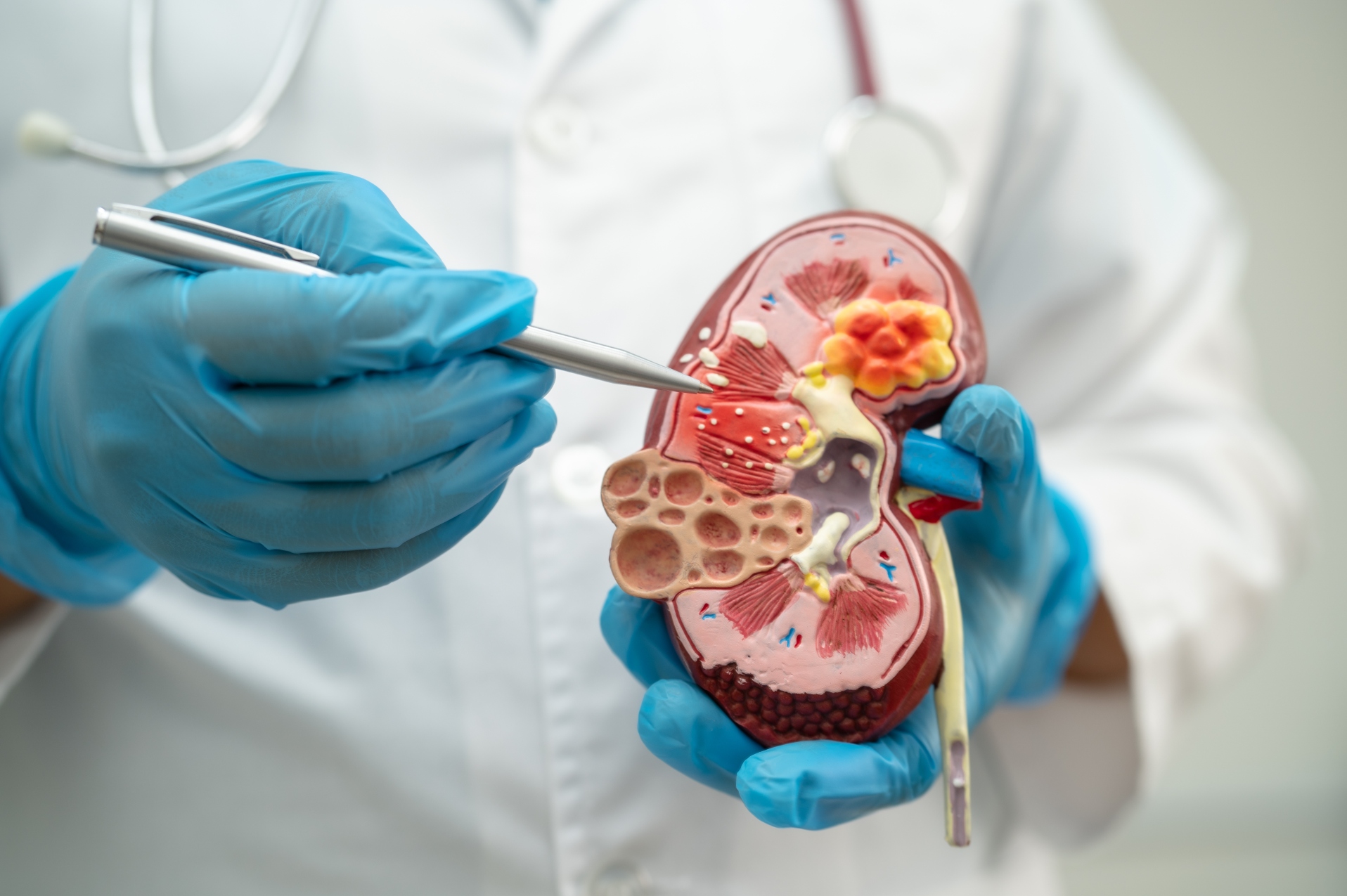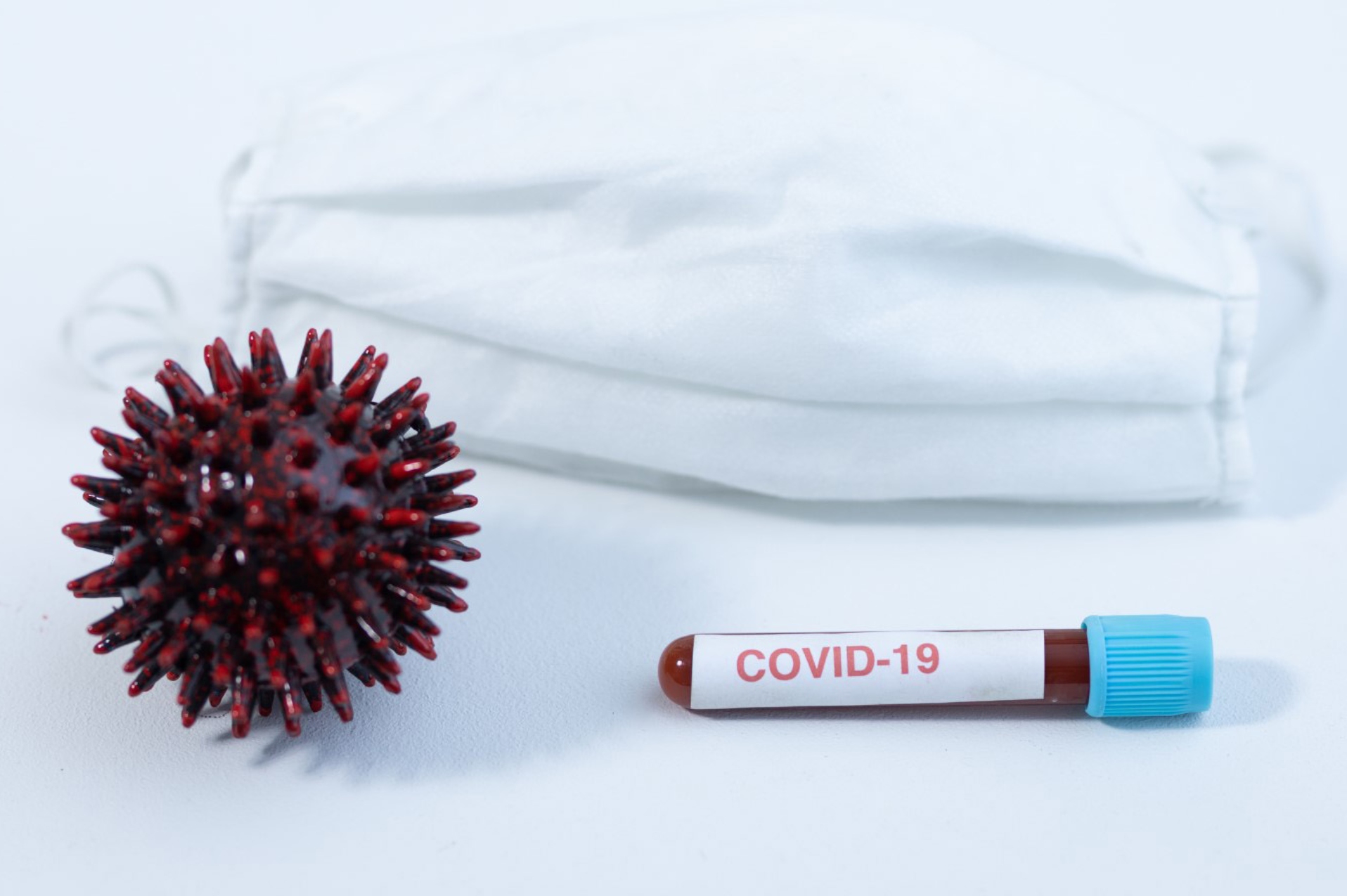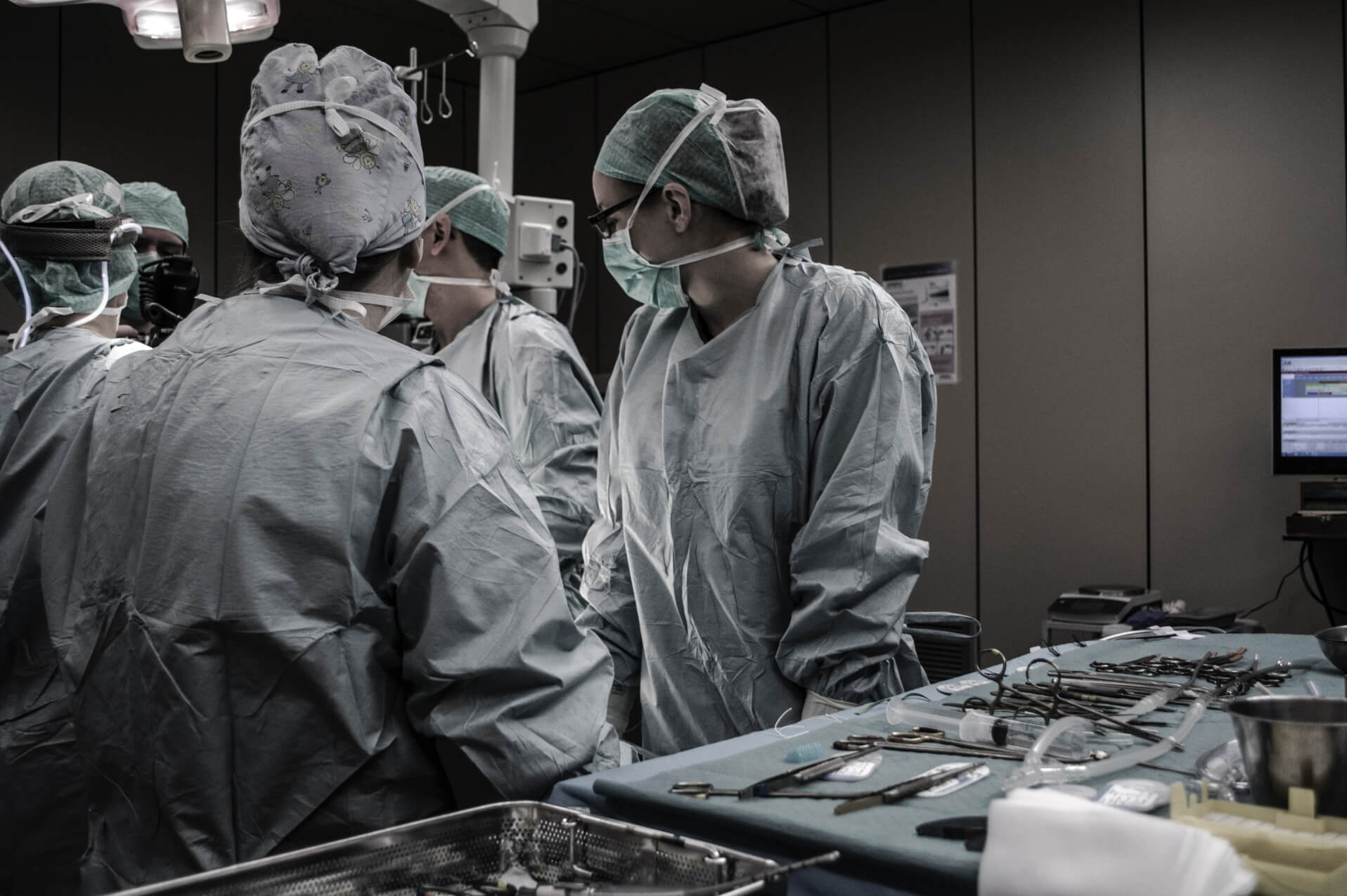Our kidneys, however small they may seem, play a vital role in our health. They maintain our internal balance of water and minerals, help eliminate acidic waste products, and also produce important hormones that aid the production of red blood cells and help bone formation. People who suffer from kidney failure, such as acute kidney injury or chronic kidney disease often resort to therapy referred to as dialysis as a means to help replace kidney function. Unfortunately, dialysis is not perfect, and does not correct the compromised hormone producing functions of the kidney; however, dialysis treatment can help waste removal and fluid removal and is still a valuable means of extending life for kidney patients.
Dialysis is used as an artificial replacement for people with lost kidney function and is regarded as a ‘holding measure’ until a more permanent solution such as a renal transplant can be performed. Dialysis uses physical processes such as osmosis and diffusion, which assist in the transport of water and dissolved substances respectively.
The history of dialysis is remarkable – records show that the term was coined all the way back in 1854 by the Scottish chemist Thomas Graham, who is often referred to as the ‘father of dialysis’. However, it took many decades and various scientific research studies for the first successful dialysis treatment to be performed; this feat was accomplished by William Kolff of Netherlands in 1945. He was able to successfully treat a 67 year old patient that was admitted to hospital with acute kidney failure, allowing her to be released with normal kidney function. Today, dialysis has developed immensely and has saved countless number of lives worldwide. One of the most common forms of dialysis is haemodialysis.
Haemodialysis helps to filter wastes and water by circulating blood outside the body through a dialyzer, which is an external filter that acts as an artificial kidney. The patient’s blood flows in one direction and the dialysate (special dialysis fluid) flows in the opposite direction. Waste products such as urea and creatinine which are present in high concentrations in the blood diffuse into the dialysate, which is then removed.
Western Hospital, located in Colombo, has one of longest running dialysis units in Sri Lanka. With nearly 30 years of experience, the team at Western Hospital has conducted over 100,000 dialyses under expert management. The blood cleansing service is available 24/7 for regular and emergency patients and is one of the most reliable dialysis units in Sri Lanka.





